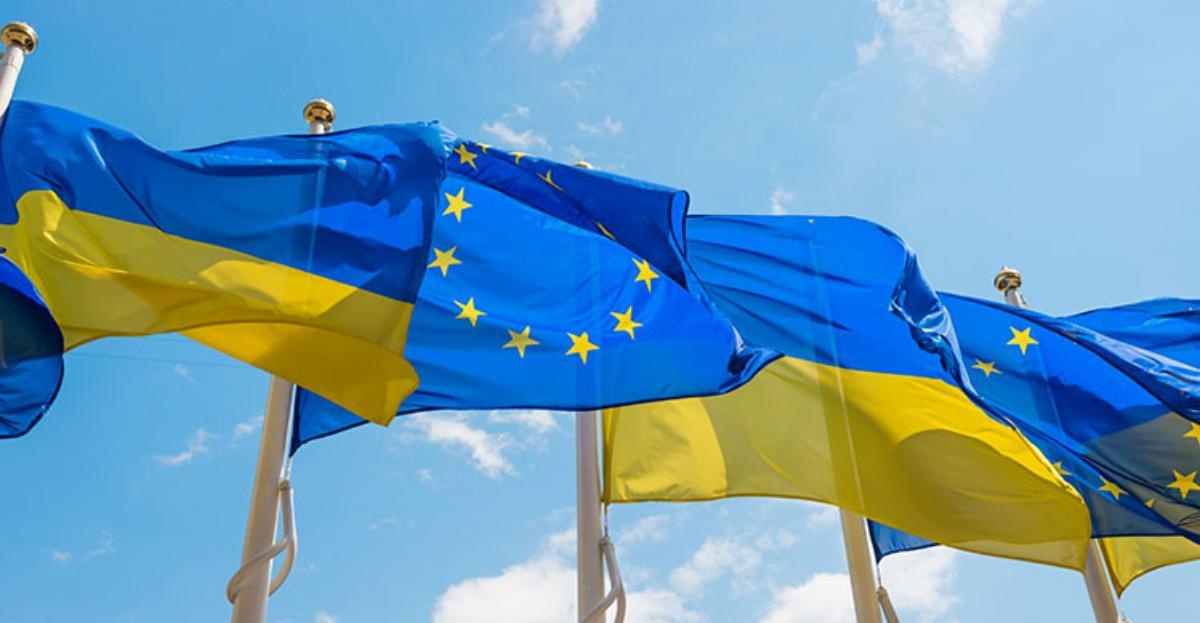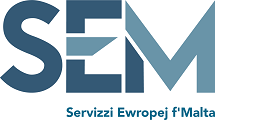Two-fold EU Response to the Invasion of Ukraine
Article written by Faith Spearing, Executive at SEM
Published in The Malta Independent

Since the start of Russia’s unjustified and unprovoked attack on Ukraine, the European Union has taken on a two-fold approach in responding to the conflict.
On the one hand, the European Union has taken the necessary measures to stop the military invasion of Ukraine by imposing restrictive measures on Russia. On the other hand, it has been providing Ukraine and its people with the necessary financial and humanitarian assistance.
In a series of decisions since the start of the invasion on February 24, the leaders of the European institutions and Member States have adopted the largest ever package of restrictive measures against Russia. Most of these restrictive measures, also referred to as sanctions, have been designed to target Russia’s financial system and oligarchs.
The European Union imposed financial measures to exclude key Russian banks from the SWIFT system. Other measures include the freezing of assets and banning transactions of three Russian Banks. This by extension freezes assets of Russian oligarchs and stops them from continuing their business in the European Union Member States. Other restrictive measures imposed have been aimed at targeting key sectors of the Russian economy such as the energy sector and the high-tech industry.
The restrictive measures have been designed in a manner to target specific objectives and be proportionate to the achievement of the required results, mainly to minimise the adverse consequences of Putin’s actions on Ukraine.
However, restrictive measures on their own are not enough. As the military attack intensifies, over the past week, 6.5 million people have been displaced inside Ukraine, while more than 3 million people have fled the conflict and sought refuge in the neighbouring European Member States.
The European Union has therefore adopted an approach, whereby it puts it values of solidarity into practice and provides immediate response to the Ukrainian population through financial, humanitarian and emergency assistance.
So far, the European Union has allocated €500 million from its budget to deal with the tragic humanitarian consequences of the war, both inside Ukraine and beyond.
All Member States are working together to deliver over €100 million worth of supplies to Ukraine through the Union Civil Protection Mechanism. This is a mechanism used to improve cooperation between Member States in response to crises. Supplies to be delivered include millions of medical care items and civil protection support such as vehicles, sleeping bags and blankets.
As the numbers of people fleeing from the conflict increases daily, Member States bordering Ukraine have been dealing with one of the largest influx of refugees since 2015. In response to this, the European Institutions and Member States agreed to activate the Temporary Protection Directive.
This Directive ensures that all people fleeing the Ukraine conflict are granted access to the European Union irrespective of nationality, race, or ethnicity. They will also be granted temporary protection without delay for at least one year in any one of the Member States. This will allow refugees to be granted rights to residency, access to housing and medical assistance, access to the job market and to education across the European Union.
Agreeing on burden-sharing, Member States can alleviate pressures on states such as Poland, that has welcomed more than 2 million refugees, by receiving refugees in their countries.
To this end, Malta has opened its borders to people fleeing from Ukraine who wish to apply for refugee status or join family in Malta. In addition, Malta is also providing cancer treatments to child patients who cannot continue their cancer treatments in Ukraine.
In efforts to ensure that every Member State can provide the immediate support necessary to Ukrainian refugees, the European Commission has proposed the Cohesion’s Action for Refugees in Europe (CARE). CARE is an exceptional funding instrument that will enable Member States to use certain cohesion funds on investments to support refugees in accessing education, employment, housing, health and childcare services, or basic material assistance.
Through its two-fold approach to this crisis, the European Union has and shall continue to put into practice its values for the prevention of conflict, the promotion of international peace and security, solidarity, human dignity and protection of human rights.


